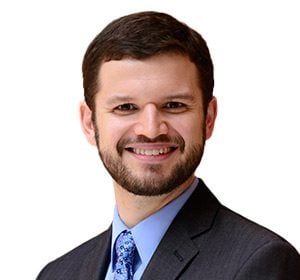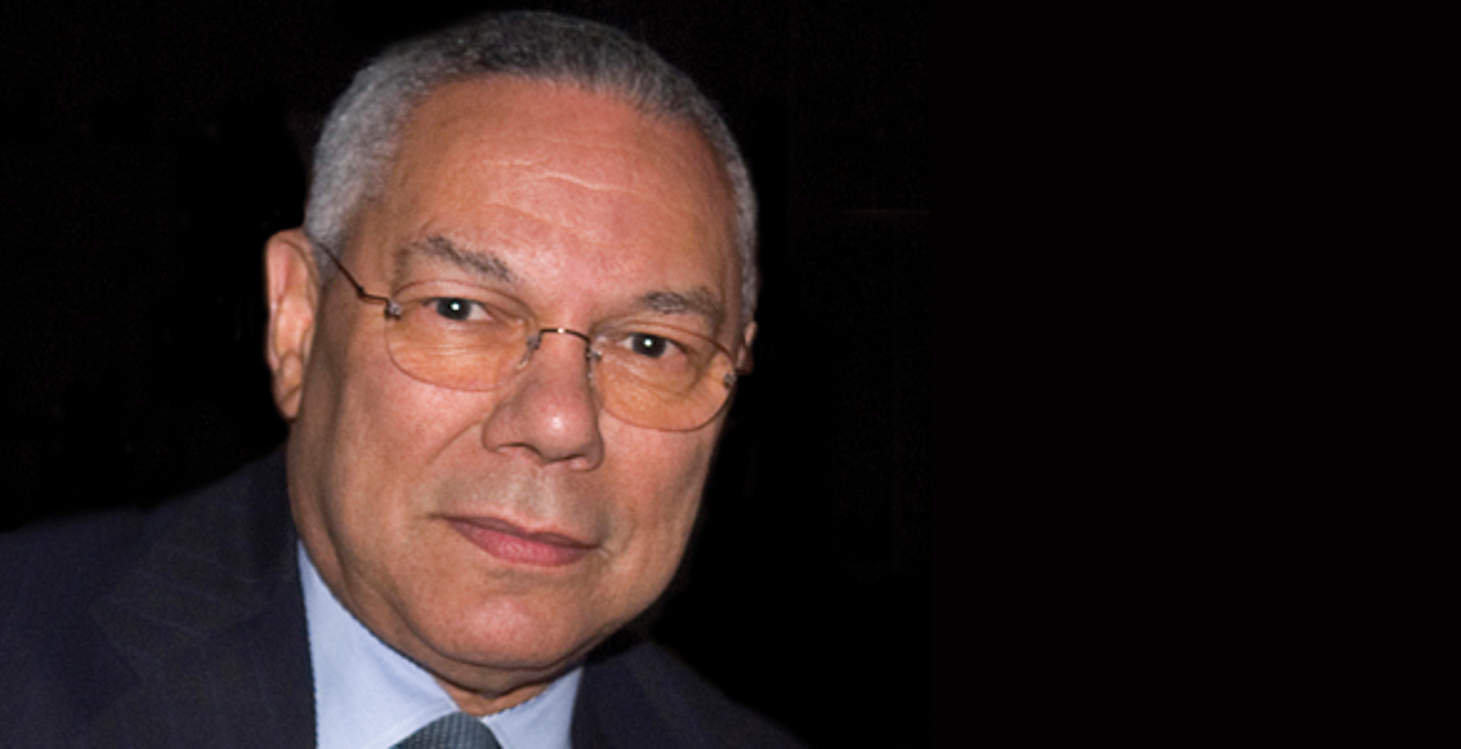Governance Surveys
Directorship Magazine
Amid concurrent crises and an upcoming US presidential election awash in controversial and contentious issues, where can directors turn for guidance?
Gen. Colin L. Powell, US Army (Ret.) is a name familiar to every ear. Powell’s journey to the upper echelons of the military, politics, and business includes service in the army, in four US presidential administrations, and now on the boards of institutions that support Black history, diverse perspectives, and education, and corporate entities. The former secretary of state will present a keynote speech on Oct. 13 at NACD Summit 2020. In advance of that all-virtual event, NACD Directorship conducted an email interview with Powell to ask his opinions on the myriad political, social, and economic challenges facing his director peers both here and abroad. The full interview can be read in the new September/October 2020 issue of NACD Directorship here.
What is the most difficult situation you’ve encountered as a political leader, and how did you work through it? How did that experience inform your approach to board service?
I am always hesitant to name a “most” or “least” or “favorite,” as there is never just one and something can be learned from each situation. That being said, some of the most difficult situations have, of course, been in the moments before having to go to war. Knowing the men and women in my care were going into harm’s way emphasized the importance of every decision and every plan. Needing to be as prepared as possible before making any big decision in board work—before going “into battle,” so to speak—is always imperative.
What prompted you to pursue board service after highly decorated careers in the military and government?
As I ended each chapter in my career—leaving the military and then leaving the US Department of State—I was eager to explore areas beyond just diplomacy and the service. I now serve on the boards of Bloom Energy and Salesforce.com, I serve on the museum council of the Smithsonian National Museum of African American History and Culture, and I am a member of the Council on Foreign Relations. As founder of the America’s Promise Alliance in 1997, I am chair emeritus. I am also currently the chair of the board of visitors of the Colin Powell School for Civic and Global Leadership at my alma mater, the City College of New York. I have also served on the boards of AOL, Gulfstream, Howard University, the United Negro College Fund, and the Boys and Girls Clubs of America. Focusing on education and helping our young people are the areas I am most drawn to give my focus and energies [to].
Who are the military leaders who most inspire you and inform your work?
I have been inspired by and learned from each of the leaders I’ve served under— the good ones as well as the bad ones. Perhaps one of the best lessons I ever learned, though, was from a drill sergeant with whom I served in Fort Bragg who said, “Lt. Powell, you’ll know you’re a good leader when men follow you simply out of curiosity.” What he was saying was they’ll follow you when they trust you. I never forgot that lesson and have always tried to build trust among those around me.
I have had the pleasure and privilege of working in senior positions for four of our presidents—Ronald Reagan, George H. W. Bush, Bill Clinton, and George W. Bush. Each one’s style was unique and was reflected in my relationship with each. One story that I tell often is from when I served as President Ronald Reagan’s national security advisor [about] the influence of his leadership style. One day I joined him in the Oval Office and was complaining about an issue being argued about by the secretary of state, the secretary of defense, and the secretary of commerce. Despite my laying out the problem, President Reagan seemed to be uninterested in anything I said. Finally, after exhausting myself with explaining, he at last perked up and pointed out the window into the Rose Garden and said, “Colin! Colin! Look, look… the squirrels came and got the nuts I put out for them this morning!”
And although I scratched my head as I returned to my office, it finally dawned on me that what he was saying was, “Colin, you know I love you and will sit here and let you tell me about your problem as long as you need, but until you give me a problem, I will sit here and watch the squirrels in the Rose Garden.” I’ve never forgotten that lesson. Throughout my career in whatever leadership or board position I’ve held, I give those around me the opportunity to make decisions within their scope of responsibility.
How do you approach mentorship as a board leader?
To work together well, I need my subordinates to work in harmony with me. The same can be said of board work. We need to be able to come to the table with different views but be able to find agreement and work as one going forward. Everything I learned about leadership can be summed up by the motto of the Infantry School as posted at the entrance of Fort Benning: “Follow Me.” This has been true during my decades in uniform as well as my years as a diplomat and in business. In mentoring others for [directorship] work, we need to develop a means of working together in harmony to accomplish common goals.
Beyond your board work, what do you see in your future regarding public service?
As a private citizen no longer in an official role in the government, I will always take an interest in what is going on and will always be willing to add my voice when called upon to do so. As declared so beautifully in our constitution, “We the People” means all of us and we each can and need to play a part.
For more of Colin Powell’s take on the challenges now facing corporations and society, register today for Virtual NACD Summit 2020 to watch his keynote speech live on Tuesday, October 13 at 3:20 PM EDT.

Jesse Rhodes was the managing editor of NACD Directorship magazine.


